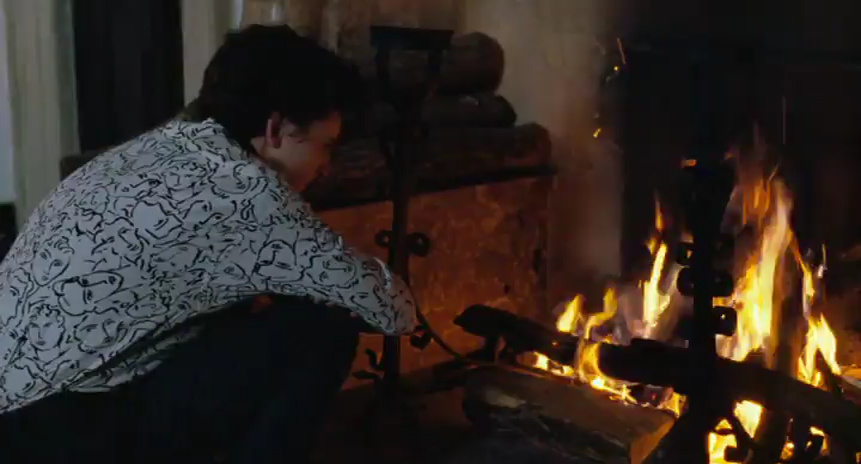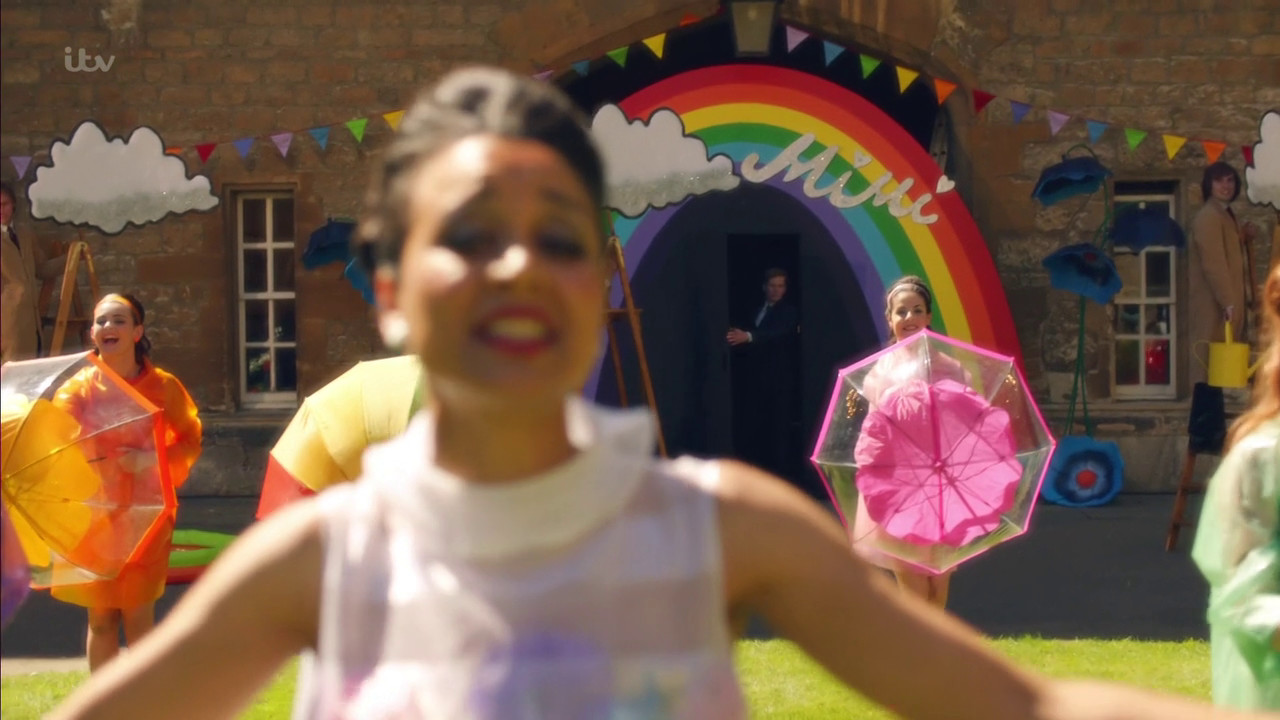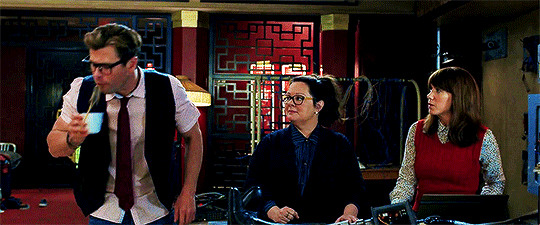
I don’t want to insult you by assuming that you haven’t heard from more people than you’d prefer that all stories are about producing stories, and I want to write a story that is told through bowel movements. This would of course be the side plot, the not-at-all-sneaky thematic resonance. What is an American movie? Going by my only non-Europhillic American friend, it’s a movie that doesn’t begin with the pièce de résistance. Lady Bird is American, Call me By Your Name is not, which is to say nothing because this is merely an accurate if imprecise report of the respective locations in which they were produced. Before I saw Lady Bird I read a review, possibly unamerican, that told me the movie begins with a Joan Didion quote: “Anybody who talks about California hedonism has never spent a Christmas in Sacramento.” My story would begin with someone asking over the phone from Sacramento why she misses the end of the world. On the other end of the line, in an exterior water heater closet, with the insulated pipes leading to three floors of showers and sinks, he would ask if it’s because she hasn’t gotten clear of it, and in an inexcusable lack of subtlety, a flush would slosh through the pipes.
Most of these conversations would take place with one or the other on the toilet, trying to obscure the noises of elimination or evacuation. In one touching scene, the ruse would be revealed. Like the disaster following the first sex scene in a romance, this moment of bonding would only deepen the dilemma: While each wait for these phone conversations to be transformed into something–healing, story, romance, understanding–they watch their diverse shits spiraling down the tube. The two of them aren’t the same person, but because I’m nervous of letting the psychic center of balance fall to one or the other, they are both more myself than they are others. This is not entirely a contrivance, which is the problem. They chew the scenery to each other, and begin to wonder how they have the stomach for it all.
“Is it a video?” wonders the song that closes Call me by Your Name. Sometimes the palpable attempt to create cinematic effects in prose annoys me, but this is a basically constipated attitude. Constipation doesn’t begin in the gut, but by eating to avoid movement, I say smugly like a health guru. The problem is that there are no causes, which is just a restatement of the previous sentence. You don’t know that this isn’t all being filmed, and likewise vision is a red herring. While I could be being filmed, for example, I could be invisibly writing this. To write does not require scribing. That can happen at any time. There’s the rub, for our as-yet barely distinguishable leads. They are not attempting to literally write, but they are waiting for all the material to add up. It feels to them, or maybe just to the unseen camera, that their intestines have more imagination than they do. Maybe the mind is just a video camera, and as it’s unclear in this story who if anyone is holding it, he and she exchanging material over the phone is more of a ring-shaped human centipede than a writer’s workshop. They long for the productive individuation that’s expected of them, but what they don’t know they need, because they think they’re drowning in it, is more input. Not in order to do anything. Just because.

